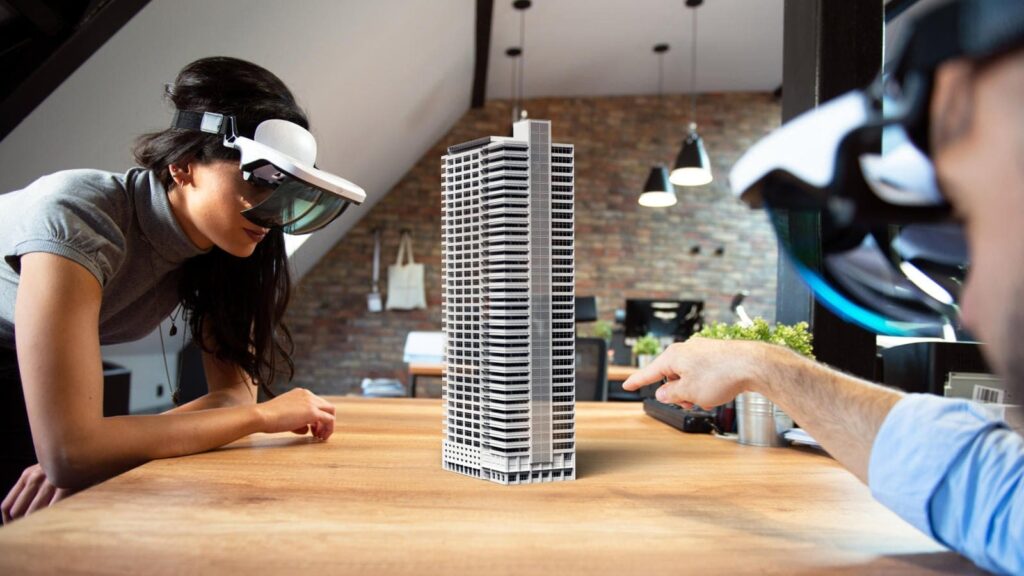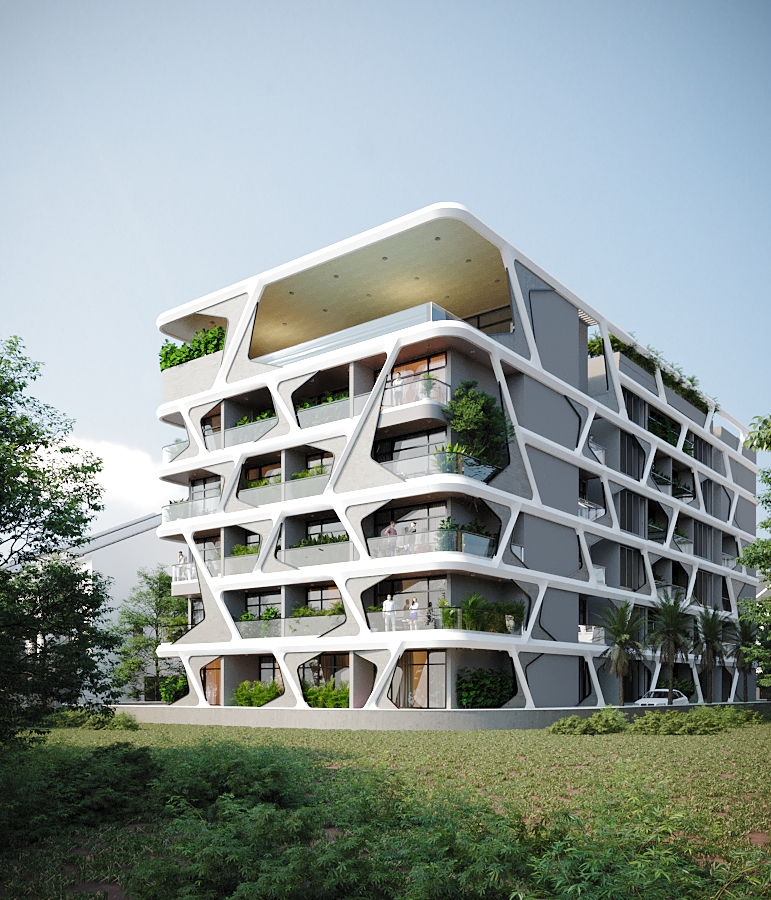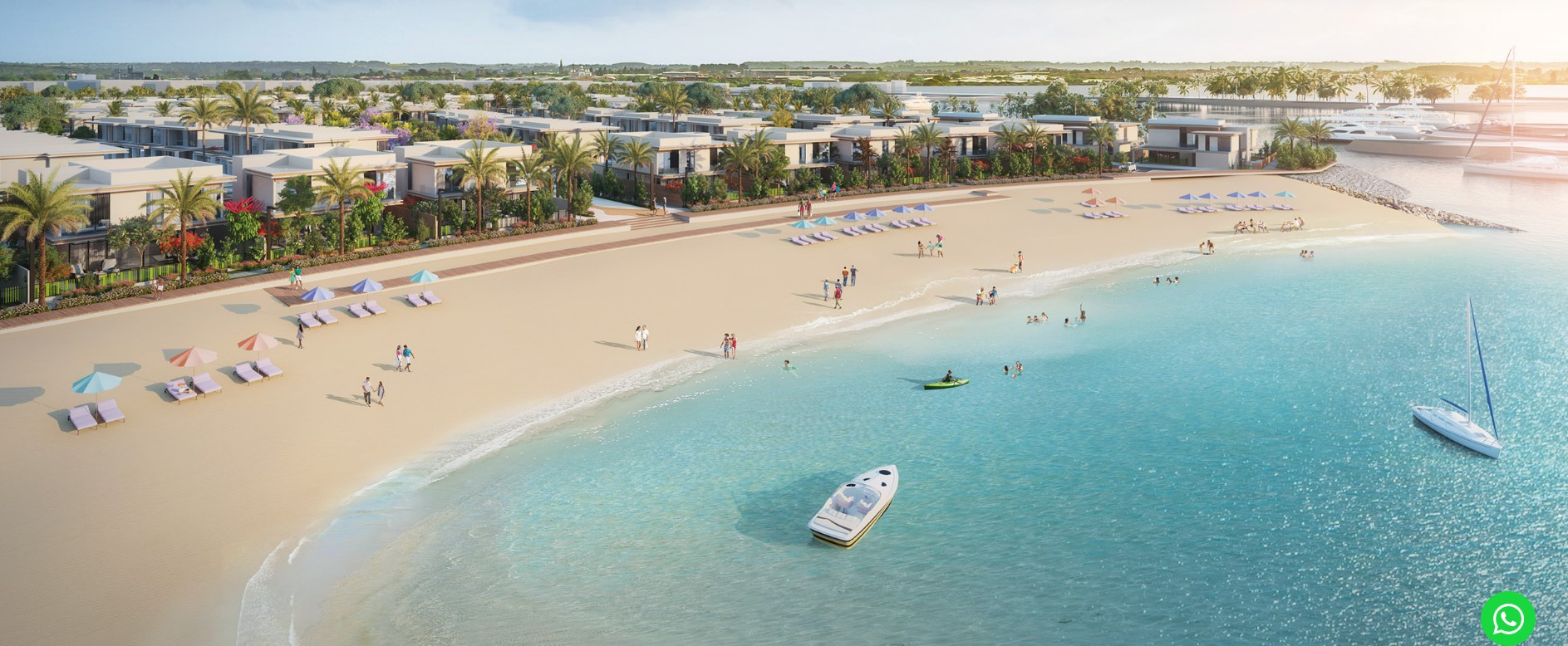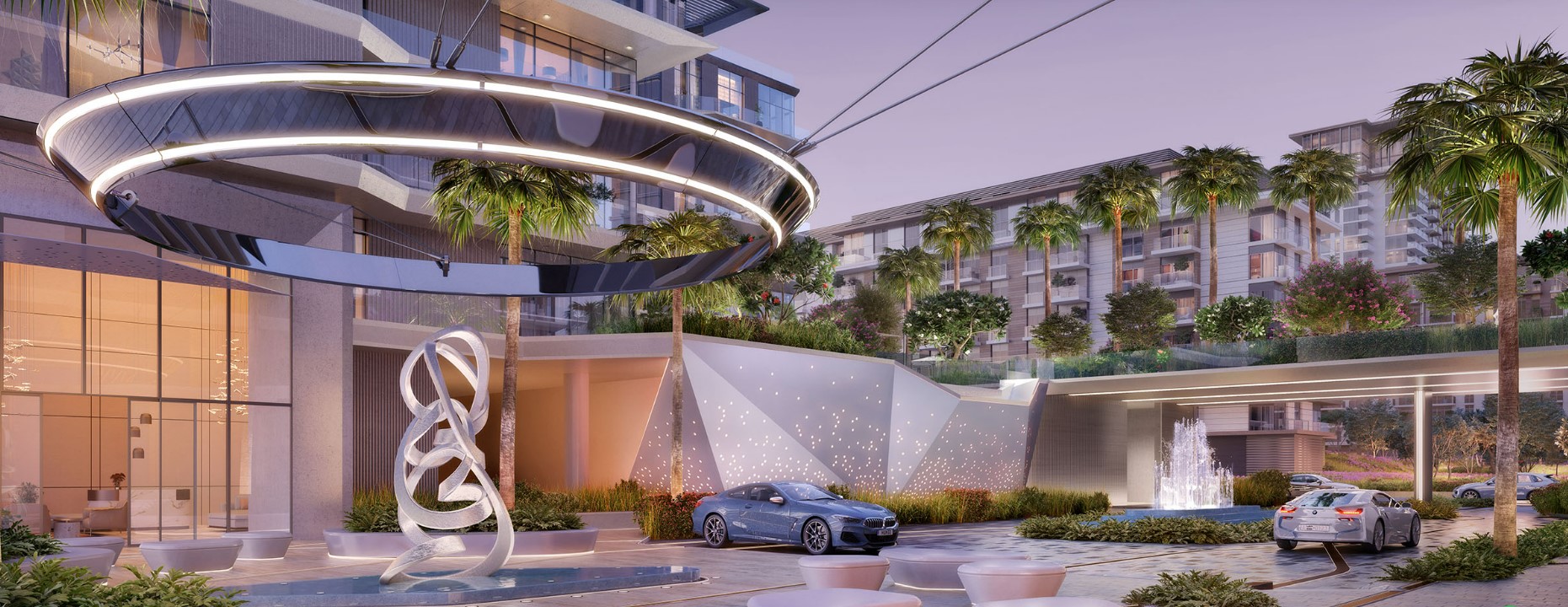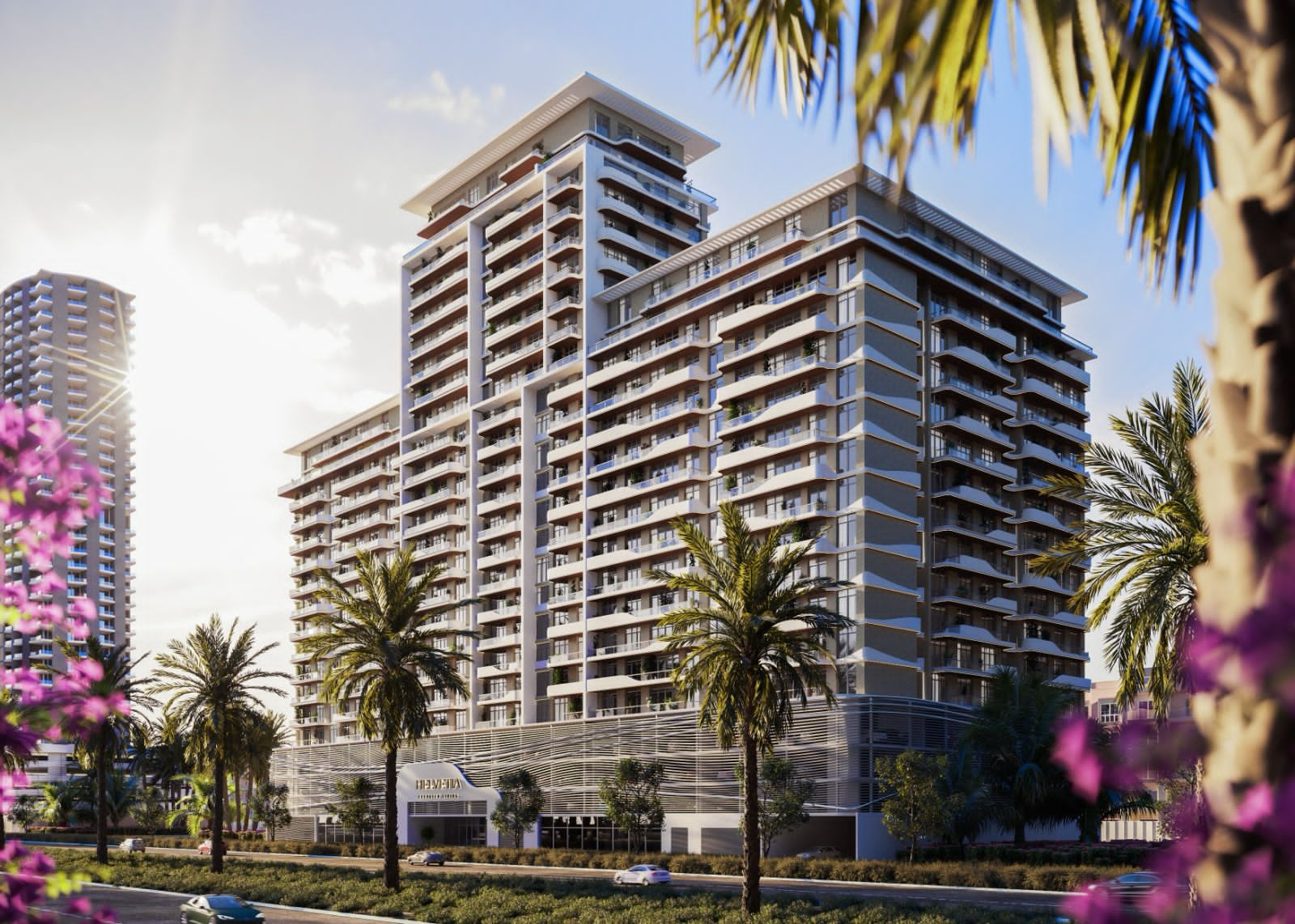Virtual Reality (VR) technology has emerged as a transformative tool in the real estate industry, offering a myriad of benefits for property tours and design. The immersive nature of VR enables potential buyers and tenants to experience properties remotely, providing a realistic and interactive tour without the need for physical presence. This not only saves time and resources but also enhances the overall viewing experience.
One significant advantage of using VR for property tours is the ability to showcase a property’s unique features in a dynamic and engaging manner. Prospective clients can virtually walk through each room, examine details, and get a realistic sense of the space. This fosters a deeper connection between the potential buyer and the property, ultimately influencing their purchasing decisions.
Furthermore, VR facilitates the design process by allowing architects, designers, and homeowners to visualize and modify spaces in a virtual environment. This not only streamlines the design phase but also reduces the likelihood of costly mistakes in the actual construction. Design changes can be implemented and assessed in real time, providing a collaborative and efficient platform for all stakeholders involved.
Looking ahead, the future of virtual reality in the real estate market holds immense potential and is poised to revolutionize the industry. As technology continues to advance, VR applications are becoming more accessible, cost-effective, and user-friendly. This opens up new possibilities for widespread adoption, making VR an integral part of the real estate experience.
The impact of VR on the real estate market extends beyond property tours and design. Virtual reality has the potential to redefine how properties are marketed, creating innovative and immersive marketing campaigns. Additionally, VR can be utilized for remote property management, allowing real estate professionals to efficiently oversee and address issues without being physically present.

In conclusion, the benefits of using VR for property tours and design are evident in the enhanced user experience, streamlined processes, and cost savings. The future of virtual reality in the real estate market holds promise for widespread integration, reshaping the industry and providing new avenues for growth and innovation. As technology continues to evolve, embracing VR in real estate practices will become increasingly vital for staying competitive and meeting the evolving needs of clients and stakeholders alike.


